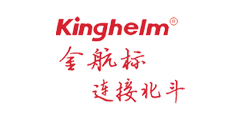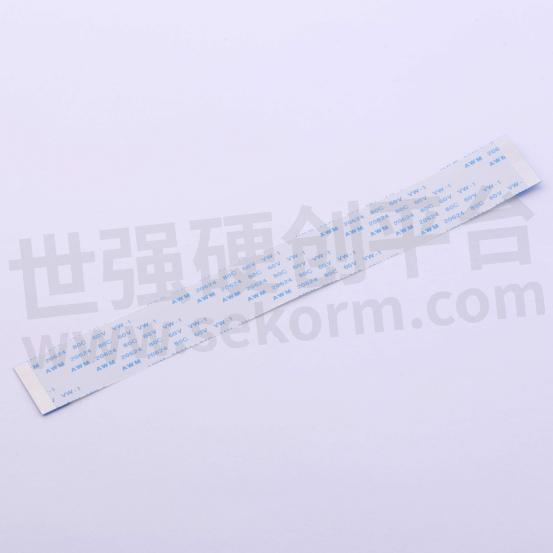The Difference between FFC Connectors and FPC Connectors

In the electronics manufacturing industry, connectors are indispensable key components responsible for connecting circuits to ensure the stable transmission of current or signals. FFC connectors (Flexible Flat Cable Connector) and FPC connectors (Flexible Printed Circuit Connector) are two common types of connectors, each with unique characteristics and applications. This article will elaborate on the main differences between FFC connectors and FPC connectors.
Firstly, structurally, FFC connectors are mainly used to connect flexible flat cables (FFC), which consist of single or multiple rows of conductors separated by insulating materials, with a flat, flexible overall structure that is easy to bend and fold. On the other hand, FPC connectors are used to connect flexible printed circuits (FPC), which are flexible substrates with printed circuits where various electronic components and circuits can be arranged to achieve more complex circuit connections.

FPC Connector KH-FPC1.0-H2.0SMT-24P-QCHF
Secondly, in terms of performance characteristics, FFC connectors typically have a higher current carrying capacity, making them suitable for applications that require the transmission of large currents. Due to their flat structure, FFC connectors are also more conducive to achieving high-density connections, making them suitable for arranging a large number of conductors within limited space. On the other hand, FPC connectors focus more on signal transmission quality. They can achieve high-precision printed circuits on flexible substrates to ensure stable signal transmission. Additionally, FPC connectors exhibit excellent resistance to bending, folding, and twisting, making them adaptable to various complex operating environments.
In terms of application areas, FFC connectors are widely used in various electronic devices that require flexible connections, such as displays, touch screens, and keyboards. The flexibility and ease of bending of FFC cables allow for convenient connections between different devices, facilitating current transmission. Conversely, FPC connectors are more commonly used in applications where there is a higher demand for signal transmission quality, such as in smartphones, tablets, cameras, and other devices. The printed circuit technology of FPC connectors enables high-precision circuit layouts, ensuring the stable operation of devices in complex environments.

FFC Ribbon Cable KH-FFC-A0.5-38P-150MM
Finally, considering the aspect of cost, the prices of FFC connectors and FPC connectors vary due to factors such as materials, processes, and application areas. Generally, the manufacturing cost of FFC connectors is relatively low because they use a simple conductor structure. On the other hand, FPC connectors have higher manufacturing costs due to the requirement for printed circuit technology. However, in practical applications, the choice between the two types of connectors should be based on specific requirements and budget considerations.
In conclusion, FFC connectors and FPC connectors exhibit significant differences in terms of structure, performance characteristics, application areas, and cost. In practical applications, it is important to choose the appropriate connector type based on specific needs and scenarios to ensure the stability and reliability of circuits. With the continuous development of the electronics manufacturing industry, these two connector types may continue to be optimized and innovated in the future, providing more efficient and reliable connectivity solutions for electronic devices.
- +1 Like
- Add to Favorites
Recommend
- Inside the FFC Connector: A Comprehensive Guide to its Function and Applications
- Kinghelm Launched 32-pins FFC Connection Cable KH-FFC-A0.5-32P-100MM with the Total Length of 10cm
- What is the Difference Between FFC and FPC Connectors?
- Kinghelm‘s FFC Cable KH-FFC-A1.0-8P-200MM with Excellent Performance and Quality
- FFC vs. FPC Connectors: Choosing the Right Connector for Your Application
- Kinghelm KH-FFC-A0.5-40P-150MM: High-Performance FFC Flat Cable Leading a New Era in Electronic Connections
- FFC FPC Connector: The Key to Seamless Electrical Connections
- Unraveling the Flexibility: The Advantages of FFC Connectors in Modern Electronics
This document is provided by Sekorm Platform for VIP exclusive service. The copyright is owned by Sekorm. Without authorization, any medias, websites or individual are not allowed to reprint. When authorizing the reprint, the link of www.sekorm.com must be indicated.






























































































































































































































































































































































































































































































































































































































































































































































































































































































